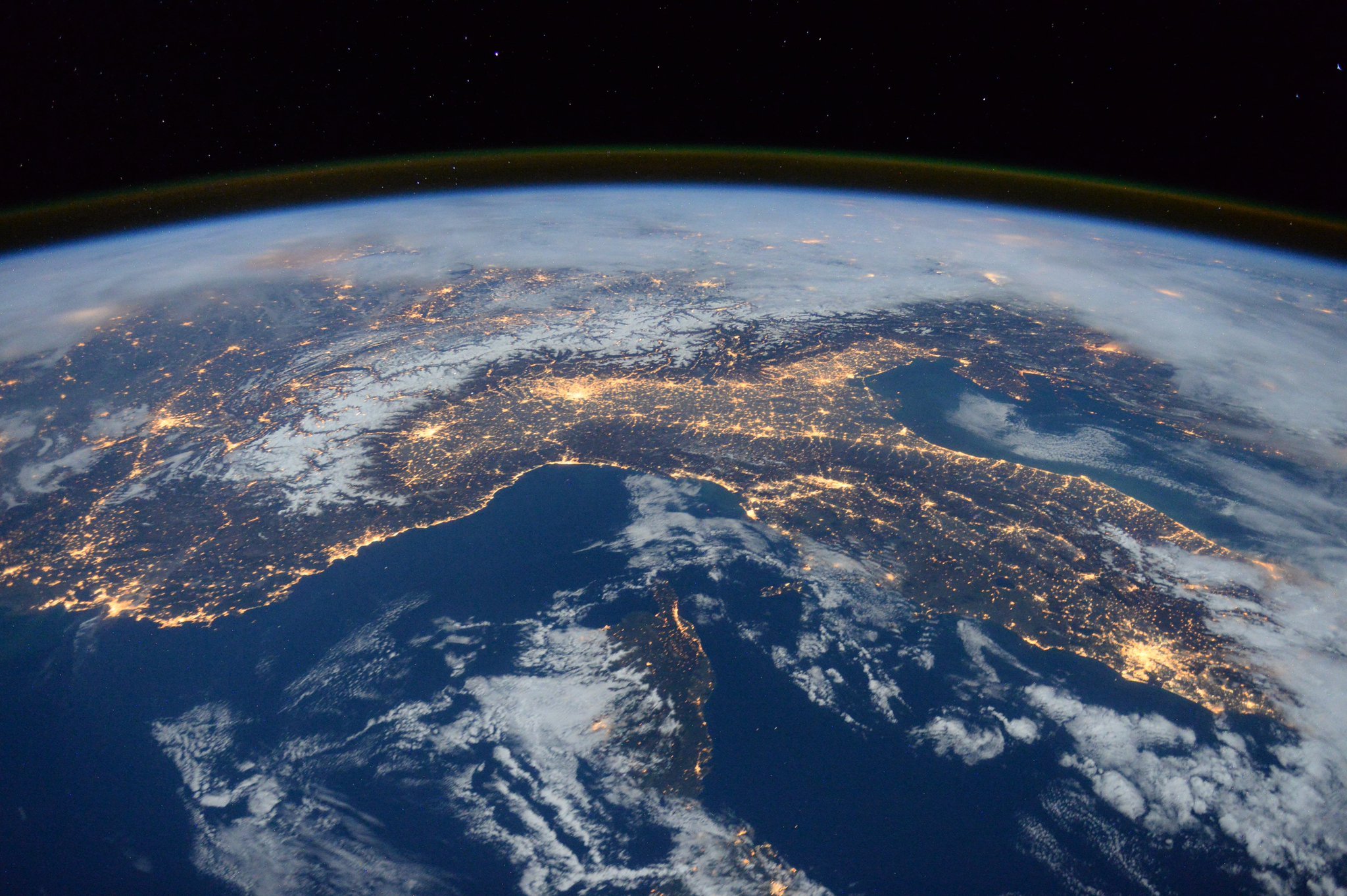A translation of a non-canonical saying from Jesus about the location of the kingdom and how to find it there.
Tag: self-recognition
Do we Give Birth to God’s Children? A Mystical Interpretation
Did we live before our mortal lives? Was there a premortality? Do we bring God's children into the world? Yes, but not literally.
What is the “true” church?
Is there "one true church," and if so, who or what is it?
A Mystical Perspective on the Problem of Evil
A friend asked me what my take was on the problem of evil, or theodicy, so I thought I'd write about it here.
A Psychological and Mystical Interpretation of the Myth of Adam & Eve and the Garden of Eden
I think the story of Adam & Eve is a mythological allegory describing humanity's "fall" of consciousness into the dualities of self-awareness, subject/object relationships, and the opposites of existence. This is symbolized in the partaking of the "tree" of knowledge of good and evil, i.e. dualities.
What is “Eternal Life”?
Eternal life is not eternal if it doesn't exist right now, because that which is eternal has no beginning or end. We either have eternal life now, or we don't have it. Because you are reading this now, you can be sure you have it, even if you don't know it for yourself.
Is There a “Healthy” Ego?
In spirituality and mysticism we often encounter discussion about the ego, the psychological self, the "self" that we think we are. This is often referred to as a kind of illusion, something to rid ourselves of to see reality as it really is. It is called an obstruction, a veil, something which hides the Divine from us, which obscures our perception, and that it must be torn from top to bottom and done away. Sometimes mystics loudly loathe the ego, punish the ego, call for its death, its annihilation, its crucifixion, its extinguishment, extinction, falling away, passing away. This all sounds quite harsh to the "self" that we think we are, and so some spiritual teachers deny that we need to eradicate the ego, but rather transform it into something good. Which is it? Do we need to allow the ego to fall away, or transform it into a "healthy" ego? I'll share some of my thoughts about that.
What Good is the Ego-Self?
Over the past several months I've explored the nature of the human ego as it relates to spirituality in many of the major religious and spiritual traditions, as well as in science. As I noted in a series of posts, it seems that a recurrent theme throughout many of them is the idea of sacrificing ego, overcoming ego, transcending ego, even experiencing a kind of "death" of the ego, so as to realize the true nature of the self, of reality, and of God. We might ask then, what good is the ego? Is it all bad? Do we want to destroy our ego? Is that true spirituality?
Sacrificing Ego Consciousness In the World’s Religions & Science
One element that I think is shared among all the religions, which has become quite conspicuous to me in recent times, is their history and beliefs about the nature of the human ego, and that this ego is a major obstacle to the flourishing of life and love in ourself and the world, and that transcending the ego is a major goal, if not the goal, of human life. This ego transcendence may be the central feature in all religions, the underlying core message and purpose of all spirituality. And science is beginning to discover this too.
Video: Harvard Buddhist Psychologist on the Constructed “Self”
I thought this short video was a beautiful summary and illustration of Buddhist philosophy from Dr. Daniel Brown, a Harvard Psychologist and Tibetan Buddhism scholar. I believe this philosophy may similarly be found in most of the world's religions, framed in a multitude of different symbols. This is perennial wisdom.









